
Caribbean, Cuba, Dispatches
Investment Climate In Cuba Still Unfavorable to U.S., Experts Say
March 31, 2010 By Roque Planas
NEW YORK — The climate for U.S. investment in Cuba remains adverse and probably won’t improve much in the near future, a group of Cuba experts representing the private sector said at a panel on Tuesday.
The meeting was organized by the New York-based Americas Society, which together with the Council of the Americas has run a working group to examine investment opportunities in Cuba for the last year and a half. The object of the meeting was to identify areas where U.S. companies could position themselves for the moment when trade relations with Cuba, frozen for the last sixty years, finally thaw.
Their assessment was not optimistic.
“Cuba has persistently ranked as one of the worst business environments in the world,” said Maria Werlau, a consultant who specializes in Cuban affairs.
Werlau said that Cuba’s economy is “in shambles,” suffers from high external debt, and its investment rules do not compare favorably with other countries in the region because the government requires foreign companies to partner with a Cuban state enterprise which retains 51 percent ownership. Foreign companies cannot hire Cuban workers directly and Cuban wages are not competetive for the region, she added.
Anna Szterenfeld, Latin America editor for The Economist Intelligence Unit (E.I.U.), offered a similar assessment. The E.I.U. ranks 82 countries according to the attractiveness of their business environment. Cuba’s place: 79th, the lowest in Latin America.
Szternfeld explained Cuba’s low ranking as the result of the dominant position of the state. The majority of areas of potential investment are guarded by Cuba’s revolutionary government, which views foreign direct investment as a threat to its sovereignty. The Cuban government probably will not permit much expansion of private enterprise, domestic or foreign, within the next five years, according to Szternfeld.
Foreign investors don’t just face obstacles erected by the Cuban government — they also must contend with the U.S. trade embargo. Juan Belt, director of the consulting firm Chemonics International, highlighted two areas in particular where U.S. trade restrictions prevent American companies from investing in Cuba: oil and telecommunications.
The U.S. Geological Survey estimated in 2004 that 4.6 billion barrels of undiscovered oil lay off Cuba’s northern coast. “Cuba has a more favorable investment climate for oil exploration” than many countries in Latin America, “and obviously much better than Mexico, where you cannot do exploration,” Belt said. “American oil companies are very interested.”
Belt said that telecommunications offers another key area of potential investment to U.S. companies, because the Cuban market is so underdeveloped, having less cellular phones than Haiti.
He said that when working for the U.S. Agency for International Devlopment in post-conflict areas, he saw that the easiest sector to bring foreign investment into was telecommunications. “When the bullets were still flying in Afghanistan and Iraq, there were people putting up towers, and right now one the largest private companies in Afghanistan is one of the cell [phone] companies,” Belt said.
The Obama administration authorized U.S. telecommunications companies to donate equipment to the island and establish roaming agreements with Cuban providers in April of 2009, but Christopher Sabatini of the Americas Society said that current rules remain prohibitive. For example, U.S. companies cannot invest in Cuban telecommunications infrastructure.
“Despite the announcement by President Obama in April, and regulations that came out in September, there are various severe restrictions on what U.S. investors can do,” Sabatini said.
The panelists’ pessimism about the future of investment opportunities in Cuba highlighted the lack of change in economic relations between the U.S. and Cuba that has taken place under the Obama adminstration.
U.S.-Cuba relations have improved somewhat since hitting a low point during the George W. Bush administration, which tightened travel restrictions for Cuban Americans and began enforcing long-ignored laws prohibiting the U.S. dollar from being circulated in Cuba.
But the Obama administration has maintained the U.S. policy of conditioning a relaxation of the trade embargo on Cuba’s release of political prisoners and liberalization of the political system. The Cuban government, which views the political prisoners as mercenaries supported by Washington, demands the unilateral end of the embargo. Consequently, trade relations are at a standstill for the time being.
Stephen Sokol, a researcher with Columbia University who has studied Cuba, said the meeting was “successful,” but added that Cuba-watchers have been talking about the country’s economic stagnation and lack of investment opportunities since the 1990s.
“There is a lot of Groundhog day about this,” Sokol said.
Image: Neiljs @ Flickr.
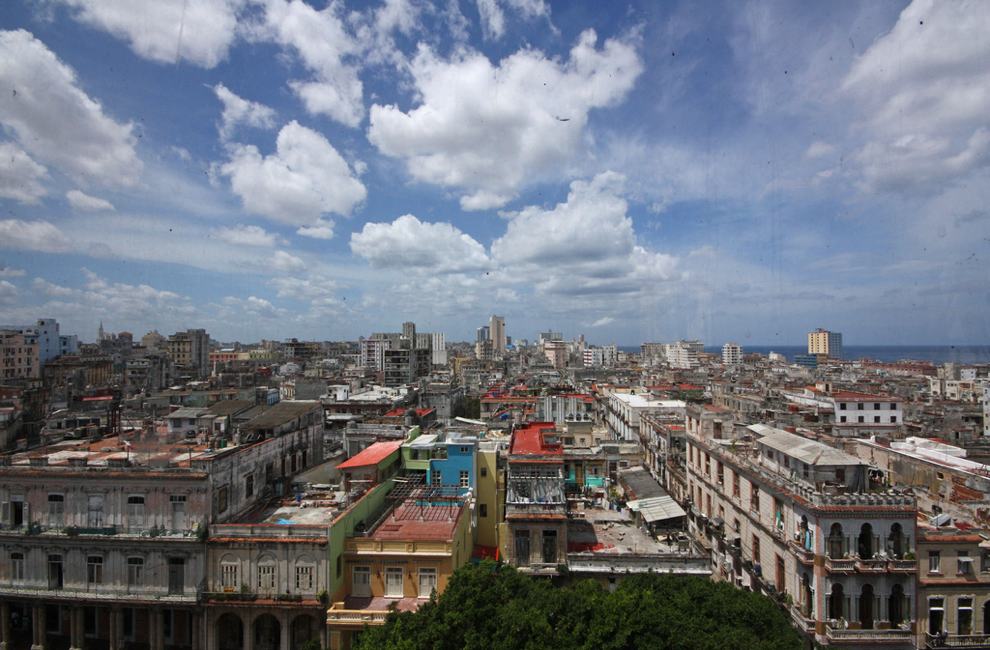

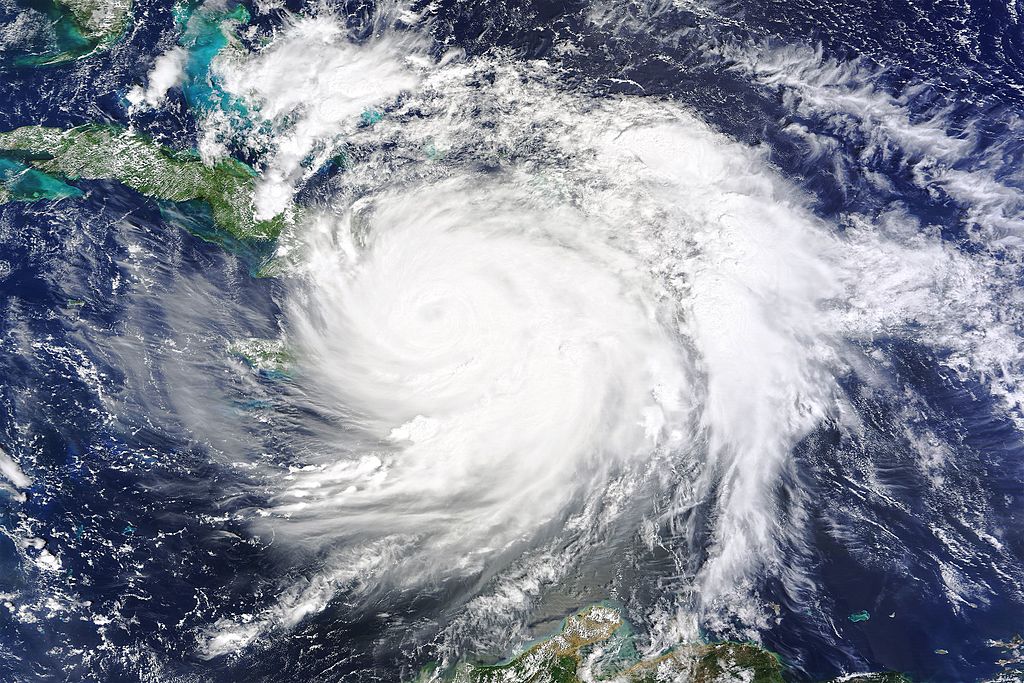
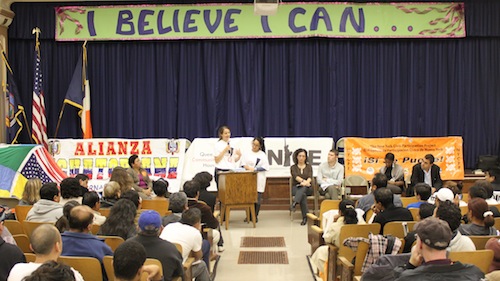
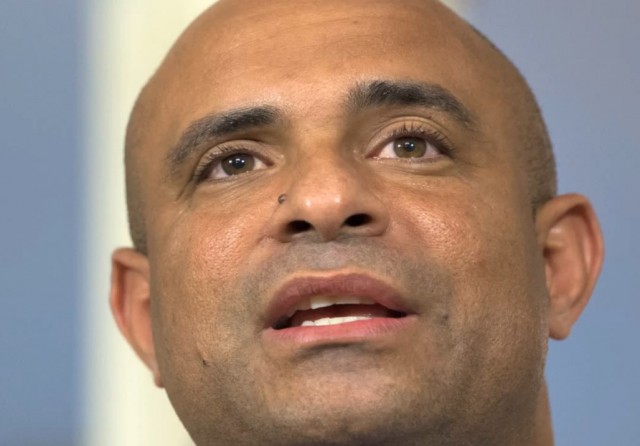
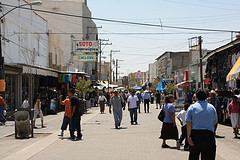
7 Comments
[…] https://latindispatch.com/2010/03/31/u-s-investment-climate-in-cuba-still-unfavorable-experts-say/ […]
[…] https://latindispatch.com/2010/03/31/u-s-investment-climate-in-cuba-still-unfavorable-experts-say/ Leave a Comment […]
[…] https://latindispatch.com/2010/03/31/u-s-investment-climate-in-cuba-still-unfa… […]
[…] https://latindispatch.com/2010/03/31/u-s-investment-climate-in-cuba-still-unfavorable-experts-say/ […]
[…] https://latindispatch.com/2010/03/31/u-s-investment-climate-in-cuba-still-unfavorable-experts-say/ […]
[…] Source>>> […]
Cuba has much to learn about conducting business , including that it is not possible to prosper economically with the iron fist of totalitarian control it exercises.
Comments are closed.